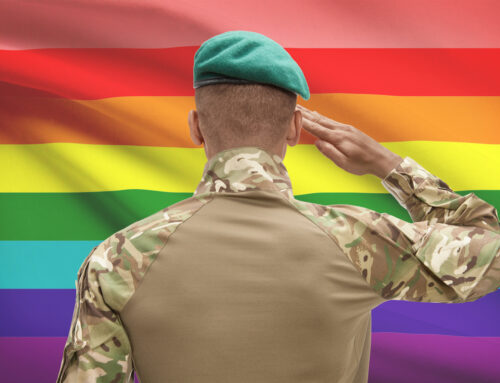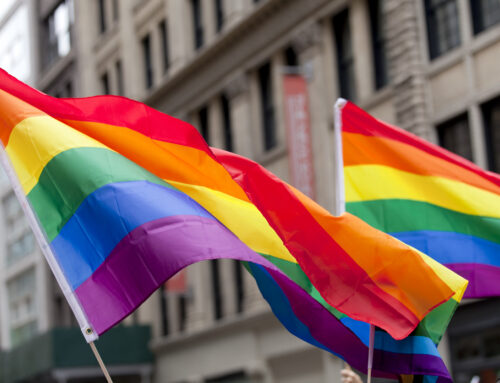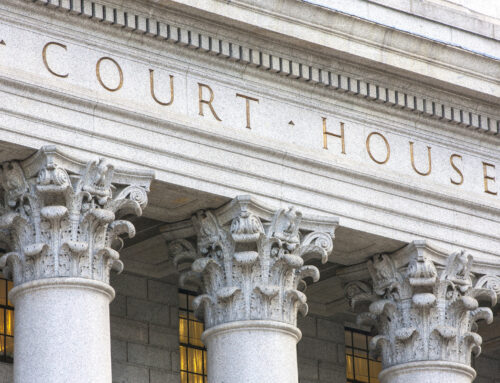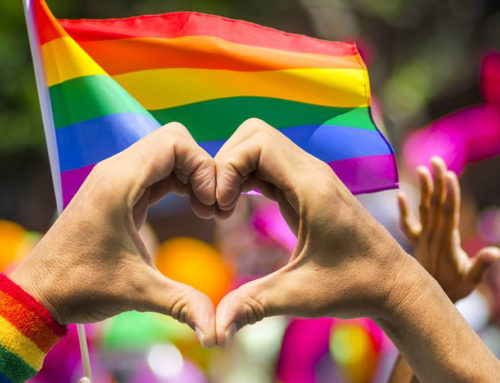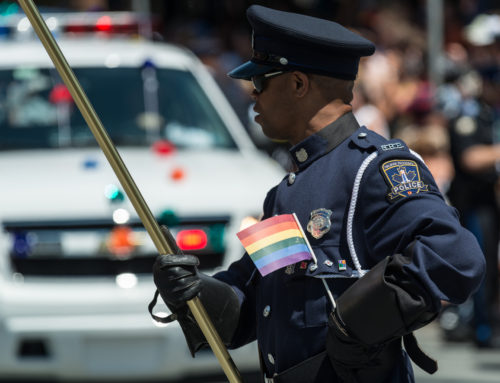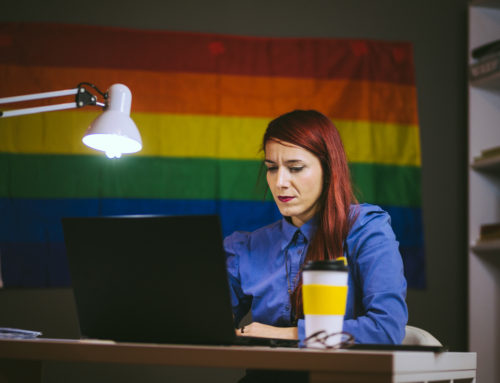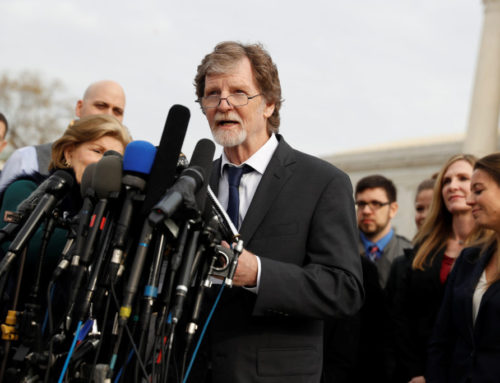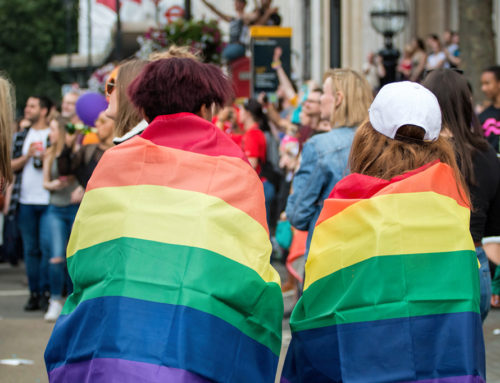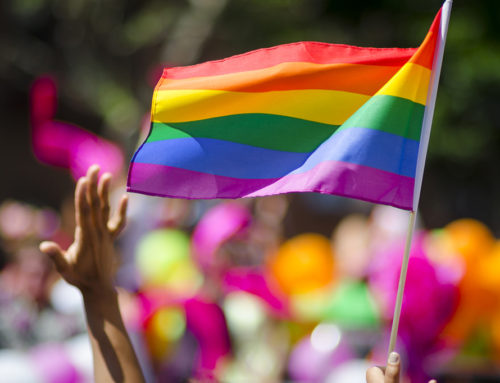The Supreme Court heard arguments on November 4, 2020, in a case that may change the trajectory of LGBT rights in the U.S. for years to come.
The case is Fulton v. City of Philadelphia, case No. 19-123. The case has been appealed to the Supreme Court by Petitioners Sharonell Fulton, Toni Lynn Simms-Busch, and Catholic Social Services (CSS). The Respondents are the City of Philadelphia, the Department of Human Services for the City of Philadelphia, and the Philadelphia Commission on Human Relations. CSS contracts with the City of Philadelphia.
The Respondents were the original defendants in the case. With the addition of Justice Amy Coney Barrett, a conservative Catholic, the Court has swung further to the right. It may overturn a 30-year old precedent that balanced the freedom of conscience against the rights of minorities typically discriminated against.
The Fulton Case
This case was originally brought by a Philadelphia Roman Catholic adoption agency (CSS) against the City of Philadelphia. CSS claimed that working with same-sex couples in matching adoptees to families violated its religious beliefs. The City of Philadelphia refused to refer children to CSS. It stated that CSS’s exclusionary policy violated city law prohibiting discrimination based on sexual orientation. CSS sued. CSS alleged that Philadelphia’s actions prohibited CSS from the lawful right to exercise its religion. CSS grounded its case on its First Amendment claim.
In response, the City of Philadelphia asserted that it has the right to protect LGBT residents from discrimination. It also asserted that its actions were not in any way hostile to the exercise of CSS’s religious rights. The City explained that its policies apply equally to secular and religious groups in the protection of LGBT residents from discrimination.
Procedural History
The case was heard in the 3rd Circuit Court of Appeals which sided with the City of Philadelphia. In that opinion, Judge Thomas Ambro stated that CSS failed to show that the City’s policies were motivated by anything other than the opposition to discrimination. The City showed no animus against CSS or its rights to freedom of religion.
In coming to its decision, The 3rd Circuit Court of Appeals relied on a 30-year old U.S. Supreme Court case, Employment Division v. Smith. The ruling, in that case, was written by conservative Justice Antonin Scalia. There, the Court held that some burdens on religious exercise are allowable as long as the burdens do not target religion and are generally applicable to everyone.
CSS is asking the Supreme Court to overturn Employment Division v. Smith.
The ACLU, representing the non-profit agencies, argues that overturning Employment Division v. Smith and crafting a new standard will have broad impacts. It will prohibit the City from enforcing anti-discrimination laws, allowing discrimination simply by citing a religious basis.
Oral Arguments and Their Implications
In rejecting couples based on their sexual orientation, the couples are stigmatized. The State has a compelling interest in preventing the stigmatization that discrimination carries.
Justice Anthony Kennedy addressed the issue of dignity in the context of same-sex marriage in Obergefell v. Hodges. Justice Kennedy, an advocate for LGBT rights, felt that same-sex couples have the right to make profound choices for their lives. With Kennedy’s departure from the Court, it may begin to look at tiering rights, with religious rights trumping other individual rights.
During oral arguments, the Justices asked whether racial discrimination was different from discrimination against same-sex couples in the minds of CSS. Attorneys for CSS responded that in their view, racial discrimination is unique. This evidences CSS’s argument that religious rights are more important than other individual rights.
Recent Cases May Signal A Change of Standard
This summer, the Supreme Court chipped away at discrimination laws in other contexts. In July 2020, the Supreme Court shielded religious schools from employment discrimination lawsuits brought by former teachers. In that decision, the Supreme Court allowed the schools to fit under a “ministerial” exception. This broadening of that exception meant that teachers were “ministers” and could not bring their discrimination suits against the school.
In another case decided in July 2020, the Supreme Court upheld Trump administration rules which allowed employers to refuse to provide company-sponsored contraceptive insurance based on religious grounds. These cases seem to signal the Court’s willingness to tier religious rights and freedoms above anti-discrimination and above reproductive rights.
During the CSS Supreme Court hearing, some of the Justices opined that once one type of discrimination is allowed, other types of discrimination will follow. Overturning the precedent in Employment Division will almost certainly pave that road.
There is some guidance to the Court, based on its decision in case Bostock v. Clayton County. In that case, Justice Gorsuch authored the opinion in which it held that Title 7 of the Civil Rights Act protected LGBT workers from being fired on the basis of their sexual orientation or gender identity. This ruling is somewhat narrowly crafted. It is uncertain whether it will be persuasive as the court looks to broaden religious rights. The Court’s decision in Fulton should be issued by June 2021.


